Let's talk about menopause
Menopause is a natural biological process in a woman's life that occurs when the ovaries stop releasing eggs and producing the female hormones estrogen and progesterone.
It is important to talk to a doctor about the options available to manage menopause symptoms. It is essential to lead a healthy lifestyle that includes a balanced diet, regular exercise and avoiding harmful habits such as smoking or excessive drinking. Menopause is not a disease but a natural stage in a woman's life that can be managed properly.
In addition to the symptoms mentioned above, menopause can also increase the risk of osteoporosis, a disease that causes bones to weaken and increases the risk of sudden, unexpected fractures.
In some cases, medications may be prescribed to treat menopause-related osteoporosis and bone loss, such as bisphosphonates, calcium + vitamin D, and calcitonin.
Hormonal changes before menopause
Before menopause, women experience a transition period known as perimenopause. During this period, hormone levels begin to fluctuate and ovulation becomes irregular. Perimenopause can begin several years before menopause and can last up to a year after the last menstruation.
During perimenopause, some women may experience menopause-like symptoms, such as hot flashes, night sweats, mood changes, decreased sex drive, sleep problems, and changes in menstruation. Menstruation may become heavier or lighter, and the interval between periods may become longer or shorter.
It is important to note that every woman experiences perimenopause and menopause differently. Some women may experience few or no symptoms, while others may have severe symptoms that affect their quality of life.
Hormonal changes during menopause
During menopause, a series of important hormonal changes occur that can have effects on a woman's body and health.
Firstly, during menopause the production of female sex hormones, especially estrogen and progesterone, decreases. This can cause symptoms such as hot flashes, night sweats, vaginal dryness, mood changes, sleeping problems, decreased sex drive, and changes in skin and hair.
Additionally, decreased estrogen can also increase the risk of cardiovascular disease and osteoporosis, as this hormone helps keep bones strong and healthy.
In some cases, menopause symptoms can be very intense and significantly affect a woman's quality of life. In these cases, the use of hormone replacement therapy may be considered to relieve symptoms and prevent the risk of diseases associated with menopause.
Did you know that there are plants like Vitex that help relieve the symptoms of menopause? The best of all is that it is one of the components of Hormobalance.

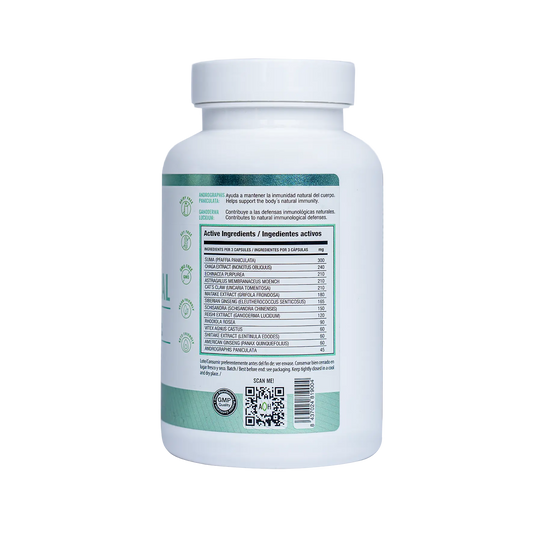
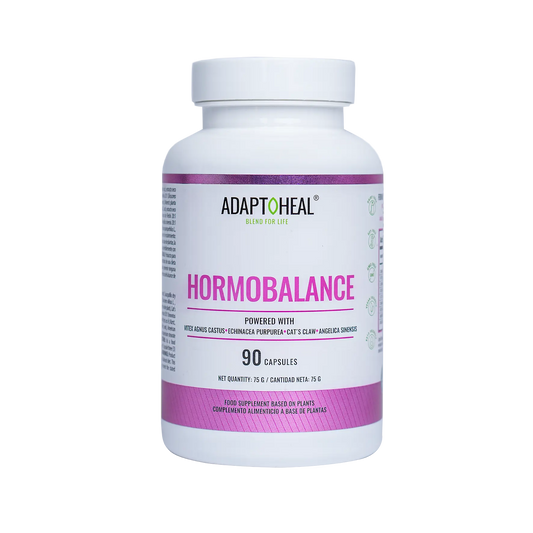
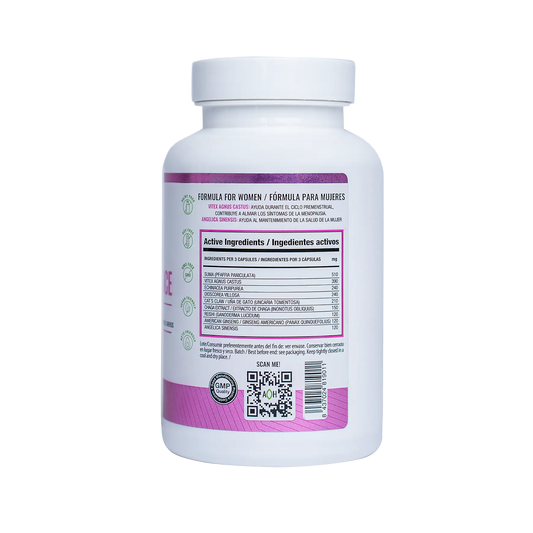



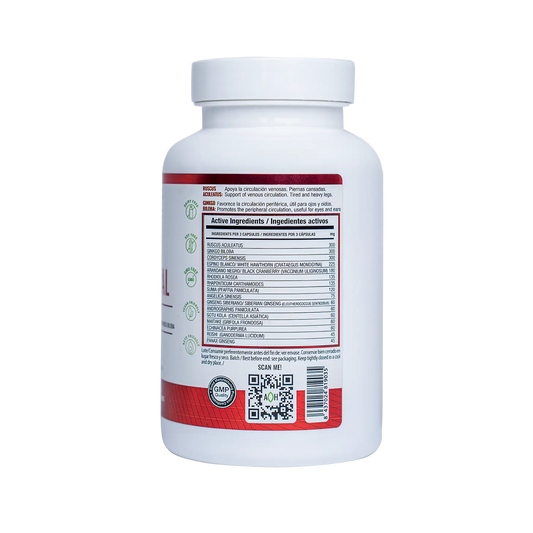

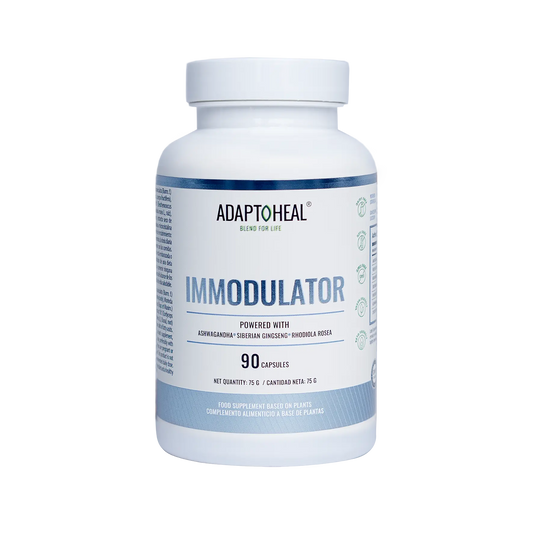
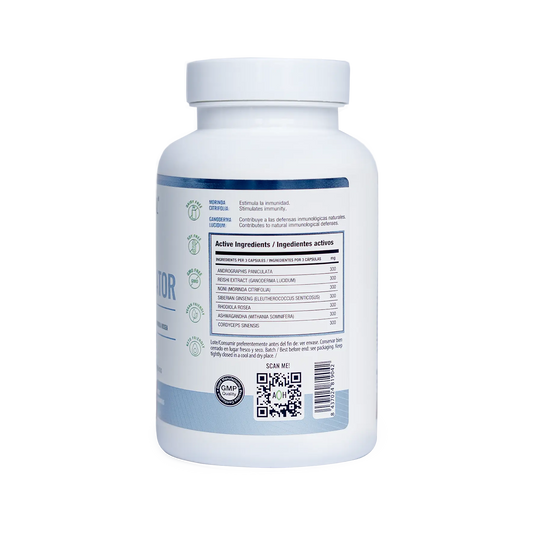


Leave a comment